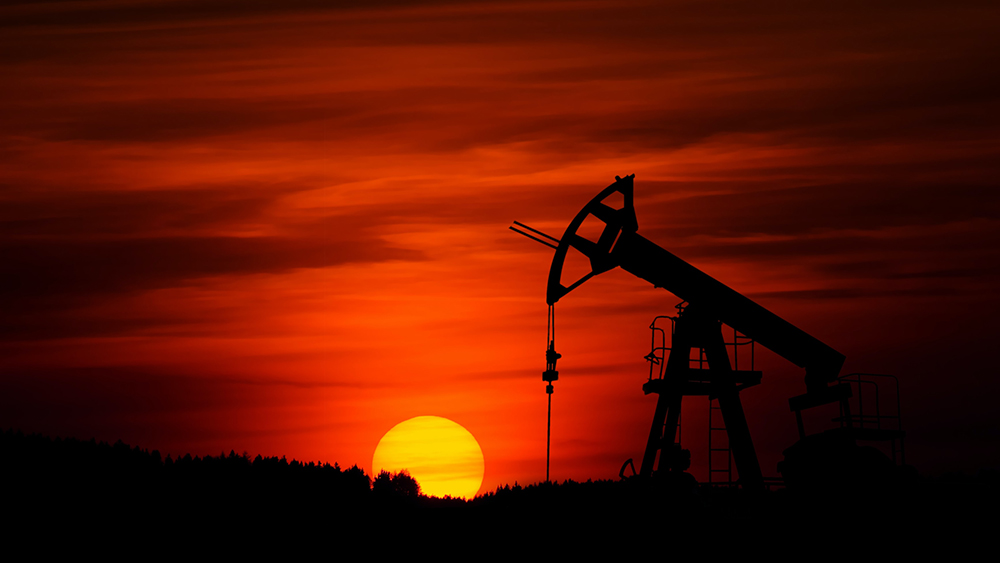Oil prices have recently plummeted to historic lows amid greatly lessened demand. This is causing short-term turmoil in the oil and gas industry. However, energy researcher Kenneth Medlock III suggests that the pandemic is forcing the oil industry to make positive changes in the long run.
Medlock recently stated in the April issue of The AAPG Explorer that the coronavirus may, in fact, create some positive changes in the oil and gas industry, explaining, “I think in the long run it’s actually going to be good for the U.S. upstream sector.”1
Medlock, a fellow in energy and resource economics and senior director of the Center for Energy Studies at the Baker Institute for Public Policy at Rice University, believes the pandemic will quicken an oil industry contraction and consolidation process that had already begun prior to the outbreak.1
For example, Medlock said one result will be to speed up the transfer of small lease holdings, used for unconventional resource development (fracking), over to the larger oil companies, adding, “If what I expect to happen is going to happen, sometime in 2021 you could see that number pushed up to 40 percent or even 50 percent.”1
With oil prices low, many wells will undoubtedly be shut-in, meaning they stop production. Unconventional shale-fracking reservoirs are least susceptible to damage if production stops temporarily. This preserves the oil and the value of the acreage for a later time when oil prices recover. Major oil companies are more diversified and are better able to weather a temporary drop in oil prices compared to the small companies.
Medlock notes that lower oil prices normally cause an upswing in demand, explaining,
Medlock also thinks that the pandemic will cause a greater, and more positive, push toward automation across the industry. Being able to operate more oil and gas wells remotely will help sustain production while lessening the costs of operation.1
Finally, Medlock thinks the oil industry will be better prepared for future pandemics because of the COVID-19 experience. The learning curve for all industries has been steep through this pandemic. If and when there is a next time, he believes the current industry experience should make it easier and less disruptive.1
He also reminds us of the medical effects of the pandemic on industry employees, stating, “In terms of the coronavirus, it really is about the health and safety of the workers.”1
David Brown, correspondent for The AAPG Explorer summarized,
Today, more than ever, we need the oil and gas God provided for us through the judgement of the global Flood.2 He will sustain us and the Earth until He comes again.3
References
1. Brown, D. 2020. Coronavirus: How Will It Affect the U.S. Oil Industry. The AAPG Explorer. 41(4): 6.
2. Clarey, T. 2020. Carved in Stone. Dallas, TX: Institute for Creation Research, 418-445.
3. Genesis 8:22.
*Dr. Clarey is Research Associate at the Institute for Creation Research and earned his doctorate in geology from Western Michigan University.









